I used to think vegans just ate salads so I assumed they were weak, hungry and less healthy. I admit my understanding then was shallow, brought on by years of conditioning from local and family customs plus a barrage of ads from meat and dairy brands.
When I became interested to learn about plant-based diets, it thrilled me to realize that what I knew were mere misconceptions. Here are some common vegan myths we need to squash:
Myth #1: Vegan diets lack protein.
This is a very common myth about vegan diets. Animal meat is the most popular source of protein but there are actually more sources of protein from plants such as soy products (e.g. tofu, tempeh, soy milk and my favorite taho), lentils, chickpeas, nuts, oats, wild rice, brown rice, quinoa, seeds, nutritional yeast and many types of beans, A lot of vegetables also have protein content like spinach, broccoli, corn, mushrooms, asparagus, broccoli, artichokes, potatoes, sweet potatoes peas and brussels sprouts. Even fruits have protein, including avocado, guava, kiwi and jackfruit, among others.
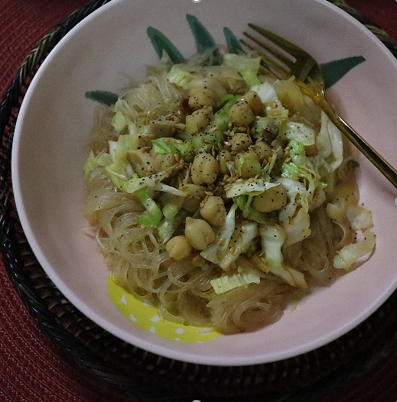
Protein deficiencies in vegans and vegetarians are rare. Plant-based protein sources are healthier than animal products and most have more protein per calorie than meat. Animals consumed for protein are fed with plants so following that chain, one basically consumes the same plant-based protein but through dead animal tissue.
Humans need protein for cell and muscle building but we do not necessarily need to take this macronutrient from animals. Cases in point – there are many star athletes who are vegan like tennis player Venus Williams, MMA fighter James Wilks, runner Scott Jurek and more.
Myth #2: Vegan diets are low in calcium.
Animal milk is the most (in)famous source of calcium but it is wrong to believe that dairy products are the best or only source of it. Some plant-based sources of calcium such as kale are even absorbed by the body better than dairy milk.
Calcium can be found in other plant-based sources such as cabbage, broccoli, most leafy green vegetables, tofu, almonds, coconut, lentils, peas, seeds (e.g. sesame, chia, flax), seaweed and beans.
There are healthier and cruelty-free dairy alternatives for calcium sources such as soy or nut-based milk and cheese, plant-based mayonnaise and coconut-based yogurts.
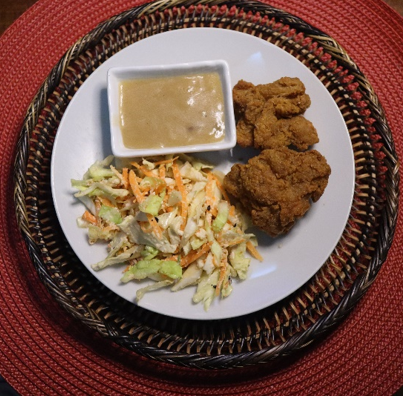

No, vegans don’t just eat salads!
– Abi Arcangel
Myth #3: Vegan diets will make me weak.
If one is not eating adequate calories, one will get weak but what’s important as well is not just the number of calories but the quality of nutrition consumed. A vegan diet consists of natural vitamins, minerals, antioxidants, probiotics and fiber, which are generally anti-inflammatory, immunity boosting and not associated with chronic conditions such as cardiovascular diseases and cancer.
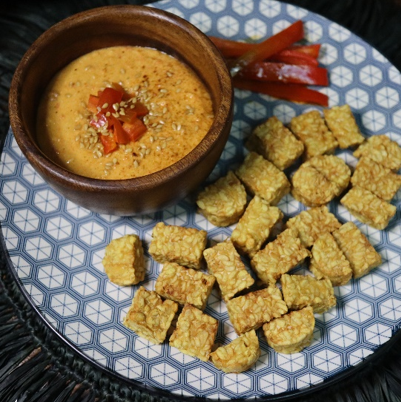

Fun fact: Animals we associate with superb strength are actually herbivores! Elephants, rhinos, hippos, bisons, horses, deers and yaks are vegans
Myth #4: Vegan diets are boring.
No, vegans don’t just eat salads!
Spices which make meats savory are actually from plant sources. On the other hand, vegetables, fruits, seeds and nuts already have distinct flavors so coming up with vegan dishes is always exciting. Nowadays, I always have fun experimenting with different cuisines and trying veganized substitutes from burgers and bacons to cakes and ice cream!
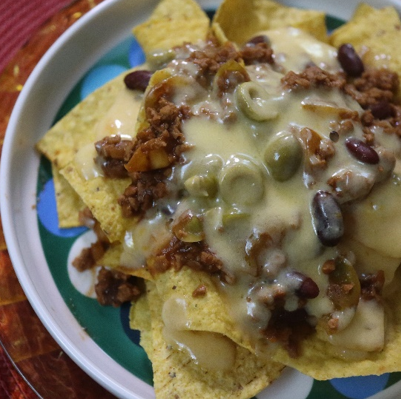

Learn more about how plants are healthier for you, the animals and the planet. Every little green move counts!
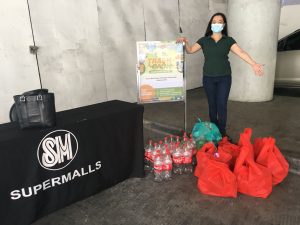
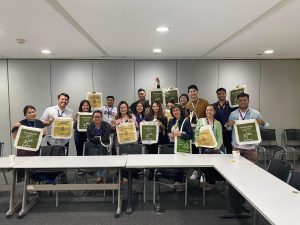
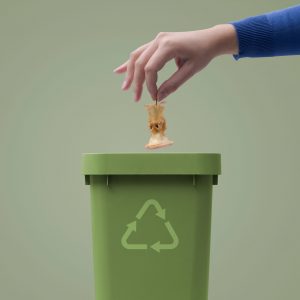
Great article Abi! At first I thought Vegan and Vegetarian are the same. I didn’t realize that Vegetarian was more of a diet and Vegan was more of a a holistic lifestyle. 🙂
Veganism is definitely a lifestyle! I have only started being vegan in my diet but I am also learning about using vegan products such as in makeup and fashion. Will write about it when I know more 🙂
these look yummy! definitely not boring! where do you get your recipes?
Thank you! I have mostly been experimenting with recipes — tweaking what I see on food blogs and other vegans on social media. It’s a very supportive community!
Abi – was it hard when you first shifted to being Vegan?
I thought it would be more challenging but I realized that it was not! There are a lots of vegan options ranging from whole foods to plant-based meat substitutes made of soy, mushrooms, cassava and other vegetables. I actually love that vegans get so creative!